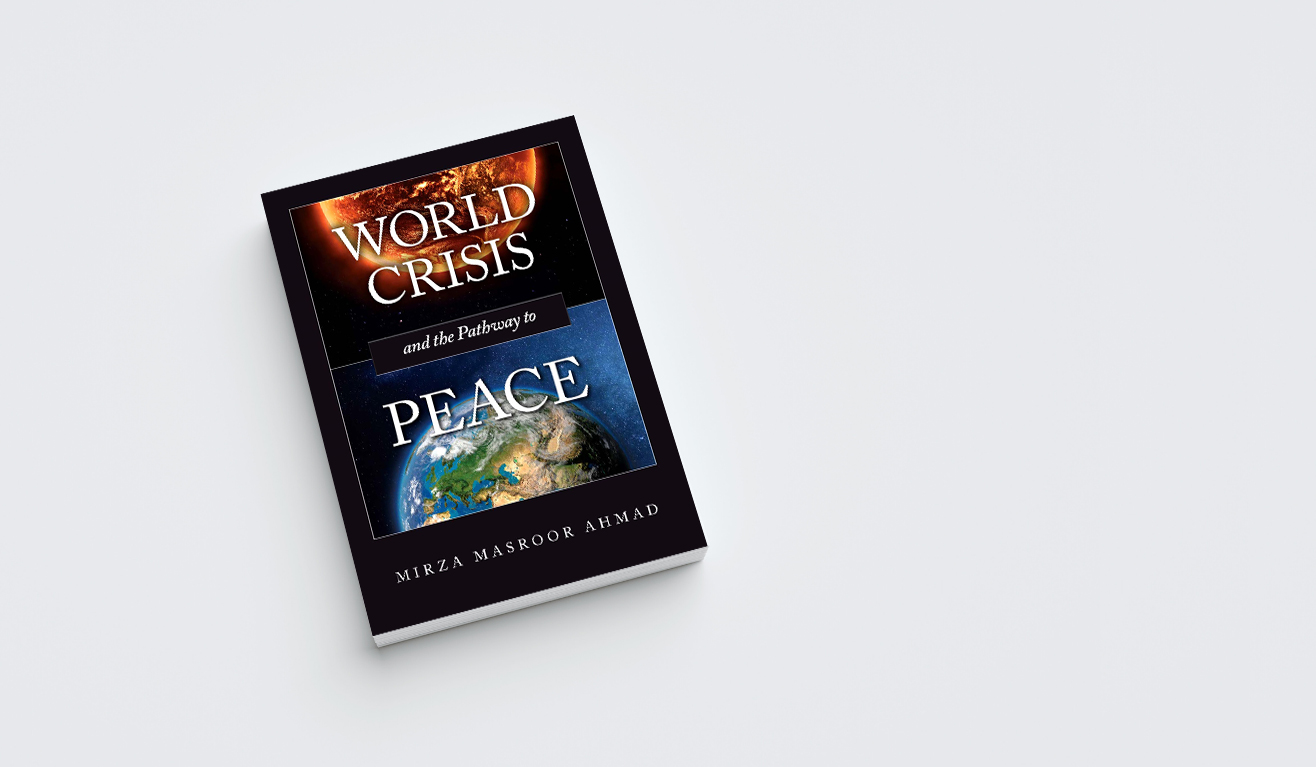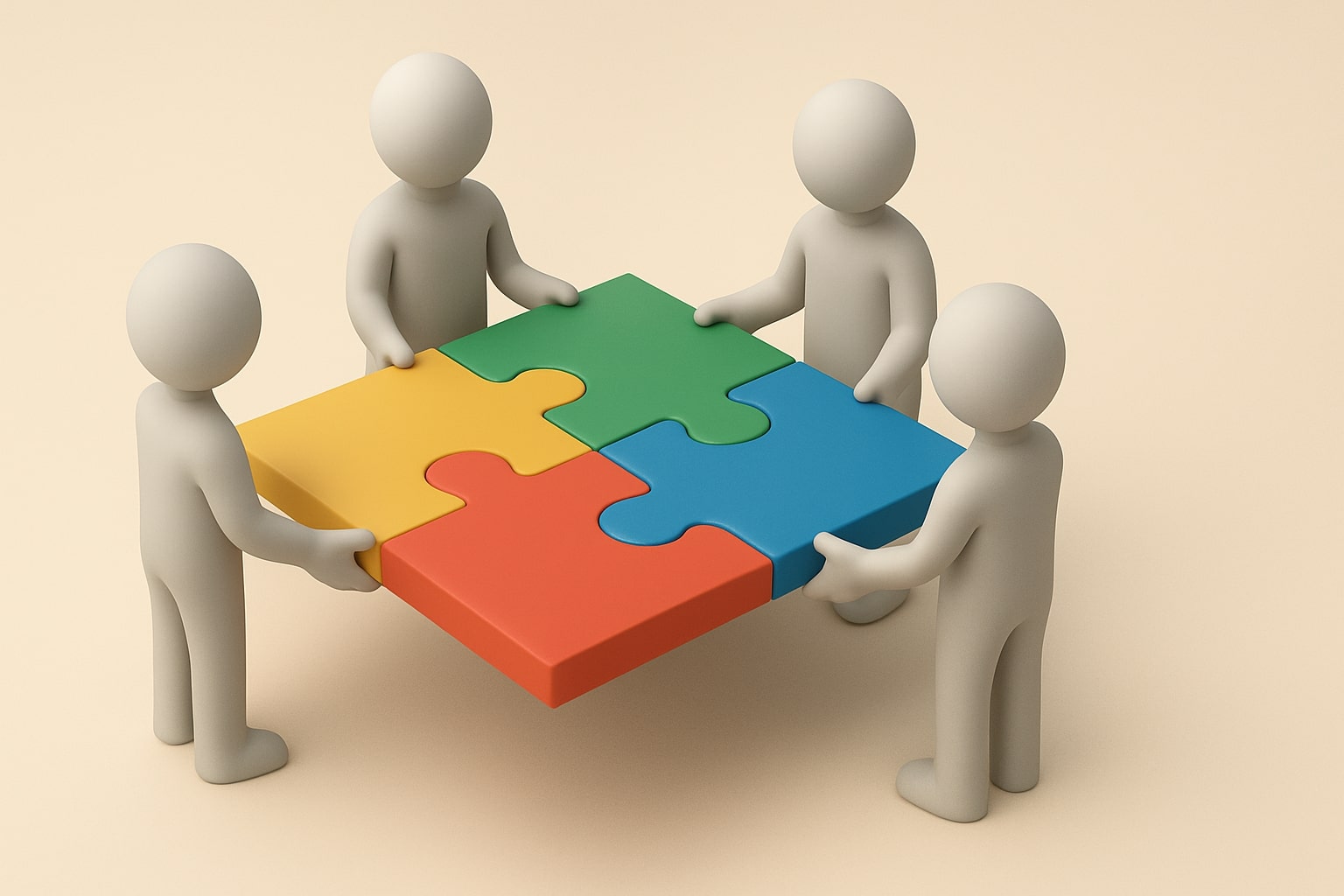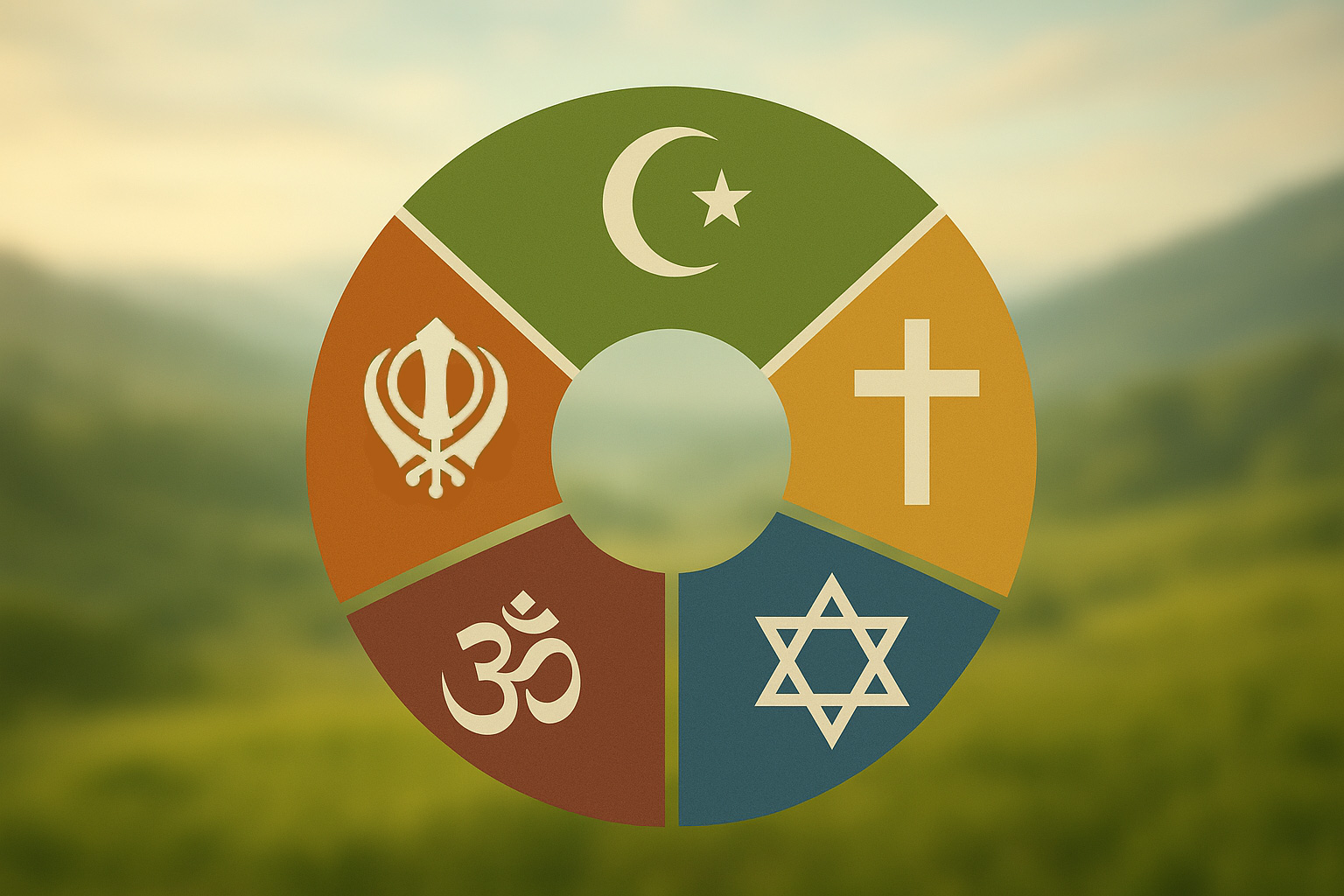On 6 October 2024, 36 members of Atfalul Ahmadiyya (Ahmadi Young Boys’ Auxiliary) had the opportunity to have an in-person meeting with Hazrat Mirza Masroor Ahmadaba, the Worldwide Head and the Fifth Khalifa of the Ahmadiyya Muslim Community. During the meeting a boy asked His Holiness about the use of Artificial Intelligence and inquired about the extent to which it should be used. His Holiness replied:
The truth is, nothing is inherently good or bad. It is man who turns things into evil or good. Similar is the case with humans too. When a child is born, they are neither good nor bad. The Holy Prophetsa said that it is their environment—their parents and the people around them—that makes them good or bad. If they receive a good upbringing, they become good, and if their upbringing is bad, they may turn out bad. If you have good friends, you will become good, and if your friends are bad—those who waste time, watch films, are constantly on social media, and neglect their studies—you will become like them.
Someone once related to the Promised Messiahas that he used to have more passion for attaining nearness to God, and had stronger faith in Him. However, lately, his faith started to dwindle. The Promised Messiahas told him that his seatmate at school or college might be an atheist, who does not believe in God, suggesting him to change his seat and sit with someone who was pious and religious. That person changed his seat to sit with a religious student. As a result, he started having religious thoughts and became good.
In a similar manner, the systems in place today, such as the Artificial Intelligence, possess good and can be used for good purposes. It can be, for example, employed in translation works. Some of our people utilise it and take benefit from it in their works. However, to rely upon it entirely would be inappropriate, as the results it provides would need to be reviewed. For instance, if we translate our religious books using AI, it would require careful revision and editing, as AI’s capacity is limited and is proportional to the information it has been fed. It will produce results according to the data provided to it.
There is a famous joke, for instance, regarding translation. There is a couplet of Ghalib in Urdu:
“Hai khabar garam ki Ghalib ke udenge purzey”
The gist of the line was that there is talk that Ghalib will be disgraced. However, when someone asked AI to translate this line, it provided the following translation:
“It is a hot news that parts of Ghalib will fly.”
So, it is obvious that if you ask AI to translate, it would literally translate ‘purzey’ as ‘parts’ and ‘udna’ as ‘fly’, [providing a completely nonsensical result]. So, indeed, you will have to revise and edit it.
Nevertheless, you can use it in a rational manner, as many people do, in which case there is no harm. However, it would be wrong to totally rely on it, or spread wrong information through it and tarnish people’s reputation, or generate erroneous information using it—as in the case of the couplet. But yes, one may utilise it to the extent where it is under their control, without being completely dependent on it, or using it for wrong reasons like defaming and disgracing people, and creating fake news.
In short, it can only be used for good purposes. We are also conducting research on it. Some Ahmadis use it for minor tasks, and more research is being carried out in this regard. In fact, Ahmadis should research on this.
[The fundamental principle] is that its appropriate usage is good, when used for the benefit of humanity. If it is harmful to mankind, and enemies take advantage of it, then it is wrong.













0 Comments